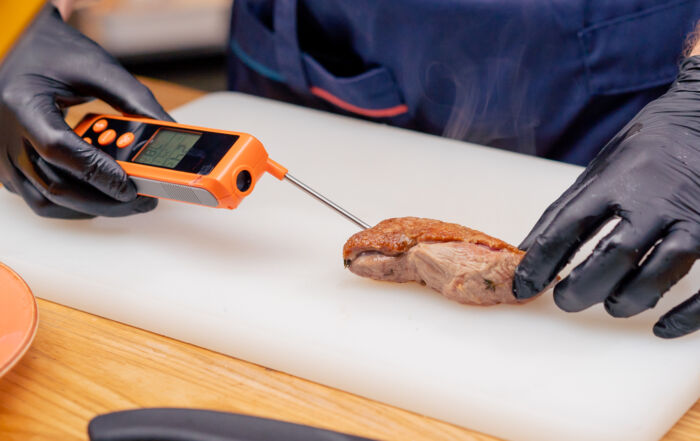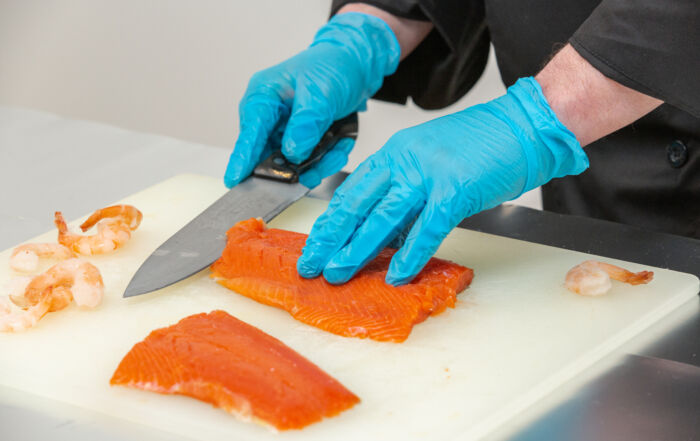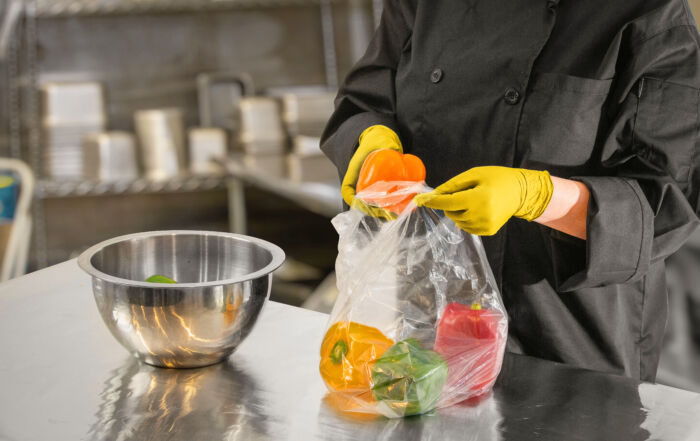Recommitting to Food Safety in 2025, One Meal at a Time
The start of a new year is a great time to cast aside old habits and the regrets of things you wanted to do but never found the time in past years. For the last few years, I have started out my blog for the year the same way – trying to encourage you to recommit yourselves and your business to food safety in the new year. Food safety has always been one of the cornerstones of public health and considering a few wide-spread and well publicized food safety outbreaks the U.S. experienced in 2024, food safety is certainly on the minds of our customers as we kick off the new year. Thus, it is the perfect time to refocus and reprioritize your food safety efforts – starting with the overall food safety environment in the United States.
The global food landscape has grown increasingly complex. Consider food miles, for example. Food miles is the distance that your food travels from where it was grown to where it was consumed. While the concept of food miles was developed with more of an eye toward sustainability and carbon emissions, the data is very useful in the food safety world, too. The most recent data shows that processed food in the United States travels approximately 1,300 miles, while fresh produce travels over 1,500 miles. Supply chains now span continents as opposed to cities or states as they may have in the early-1900s, and while we have more sophisticated technology to track food as it travels the food chain, it also shows how important it is to pay attention to recalls and other outbreaks to determine how they might impact our operations.
Take for example the most recent Listeria outbreak impacting a family-owned processing business. Before the outbreak, the company had over $1 billion in sales, and the recall of their products involved more than 7 million pounds. If a case of tomatoes, a case of ground beef, or any food product for that matter were recalled, would you be able to trace the product down in your production processes or would you just need to pull all of that type of product within your organization?
As we look at the foodborne outbreaks over the last year, many been mitigated or suppressed with good employee practices. Whether it is handwashing or controlling cross contamination, proper training of employees and ensuring that employees implement the knowledge they have received from training can go a long way in protecting our businesses. The start of the calendar year is always a good time to ensure your key staff are up to date on their food safety training and take stock of the new employees who need to go through training.
As I have said before, employee knowledge (and training) is great, but it is not the end all and be all. Food safety in the foodservice environment is not just about processes and technology—it’s about people, too. A strong food safety culture ensures that everyone involved, from our receiving staff to our chefs, and our servers to our managers know that nothing is so important that it cannot be done safely. Of course, this involves proper training, but it also requires a shared commitment to protecting our guests.
Recommitting to food safety in 2025 means embracing a proactive approach. It’s about staying informed, leveraging technology, fostering a safety-first mindset, and working collaboratively. Whether you’re in food production, foodservice, or preparing meals at home, every step counts in building a safer food system.
At FoodHandler, we are committed to helping you recommit yourselves to food safety in 2025! You are the reason we continue to provide free food safety resources and host our SafeBites Food Safety Webinars, all to bring you the most current information about food safety, right to your computer screen. We hope that all of this allows you to produce the safest food possible, one meal at a time. Risk Nothing.
Call out: Food safety in the foodservice environment is not just about processes and technology—it’s about people, too.
Notes: Heading 2, Centered, Red Text, Animated
READ MORE POSTS
Cold Chain Management in Winter: Why Cold Weather ≠ Safe
In early January, my family and I returned home from an extended time away to [...]
Seafood Safety for Lent: Essential Guidelines for Foodservice Operations
As Lent approaches, many foodservice operations prepare for an increase in seafood sales and some [...]
Dry Storage Sanitation: The Often-Overlooked Foundation of Food Safety
When you think about sanitation as a foodservice operator, you might think about food production [...]
Resolve to Protect: Why This Year’s #1 Priority Should Be Food Safety
The new year presents foodservice managers with a wonderful opportunity to reset, refocus, and recommit [...]










